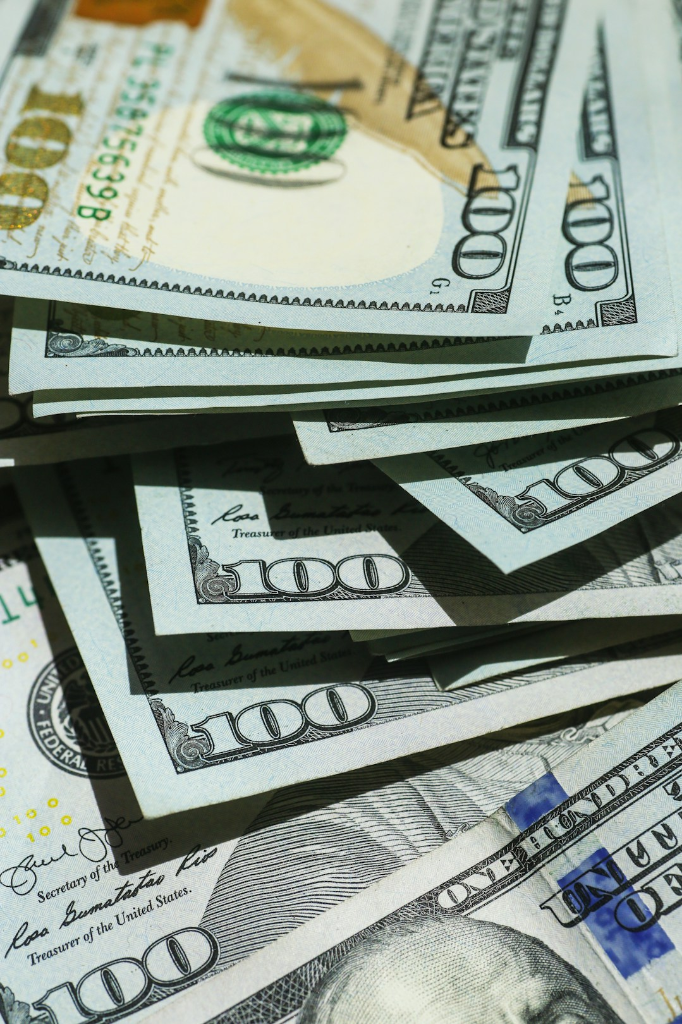Refinancing a mortgage can be a savvy financial move, but it’s important to be aware of the associated costs. Understanding these costs can help you determine whether refinancing is worth it and how to budget for it. Here’s a breakdown of the typical costs involved in refinancing a mortgage:
1. Closing Costs
Refinancing involves many of the same closing costs as when you first bought your home. These can include:
- Application Fee: This fee covers the cost of processing your application and can range from $75 to $300.
- Appraisal Fee: A home appraisal assesses the current market value of your home. This fee typically ranges from $300 to $700, though it can vary depending on your location and the size of your home.
- Title Search and Title Insurance: Title search fees ensure there are no issues with the property’s title, while title insurance protects against potential title disputes. Together, these can cost between $300 and $900.
- Credit Report Fee: Lenders often charge a fee to pull your credit report, usually ranging from $30 to $100.
- Origination Fee: This fee covers the lender’s costs for processing your loan and can range from 0.5% to 1% of the loan amount.
- Underwriting Fee: This fee covers the cost of underwriting your loan, usually between $400 and $600.
- Settlement or Closing Fee: This fee is paid to the company handling the closing, ranging from $200 to $500.
2. Prepayment Penalties
If your current mortgage has a prepayment penalty clause, you may need to pay a fee for paying off your existing loan early. This penalty varies by lender and can be calculated based on a percentage of the remaining balance or a specified number of months’ worth of interest.
3. Homeowner’s Insurance
When refinancing, you may need to update your homeowner’s insurance policy. While this isn’t a direct refinancing cost, it’s essential to ensure you have adequate coverage for the new loan terms. Insurance premiums vary widely based on location, home value, and coverage levels.
4. Escrow Fees
If your refinance involves setting up or adjusting an escrow account for property taxes and homeowner’s insurance, there might be fees associated with this. Escrow fees can range from $100 to $500.
5. Points
You may have the option to pay points upfront to lower your interest rate. Each point typically costs 1% of the loan amount and lowers your rate by about 0.25%. For example, one point on a $200,000 loan would cost $2,000.
6. Miscellaneous Costs
Other potential costs might include:
- Attorney Fees: In some states, having an attorney review your documents is required or recommended. Fees can vary widely.
- Courier Fees: If documents need to be delivered quickly, you might incur courier fees, usually around $50 to $100.
Considerations for Deciding Whether to Refinance
- Break-Even Point: Calculate how long it will take to recoup the costs of refinancing through lower monthly payments. If you’re planning to stay in your home longer than this period, refinancing may be worthwhile.
- No-Cost Refinancing: Some lenders offer “no-cost” refinancing, where the costs are rolled into the loan balance or offset by a higher interest rate. This can be a good option if you want to avoid upfront costs, but it’s important to consider the long-term impact on your payments.
Final Thoughts
Refinancing a mortgage can involve various costs, from application and appraisal fees to potential prepayment penalties. By understanding these costs and calculating the break-even point, you can make an informed decision about whether refinancing is right for you. Always compare offers from different lenders and carefully review all fees and terms before proceeding.





